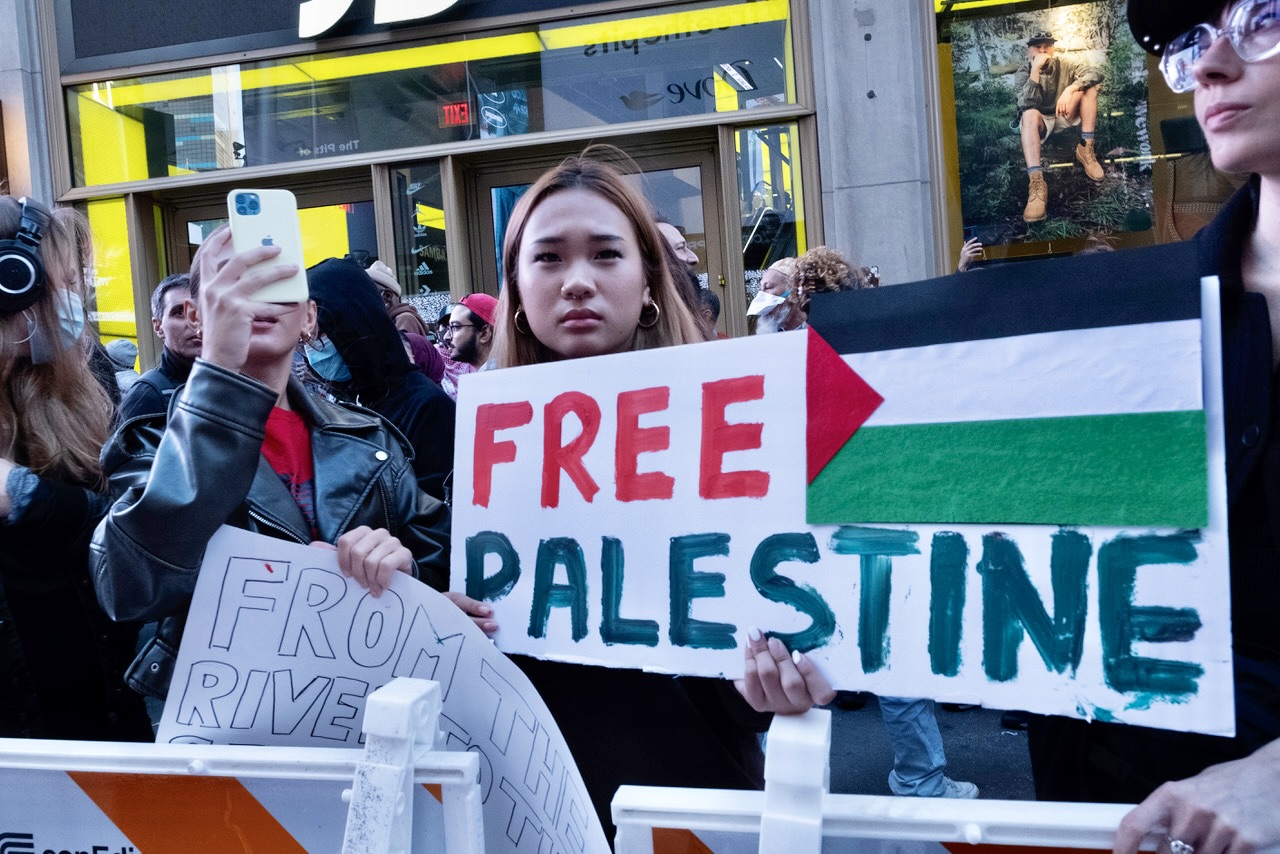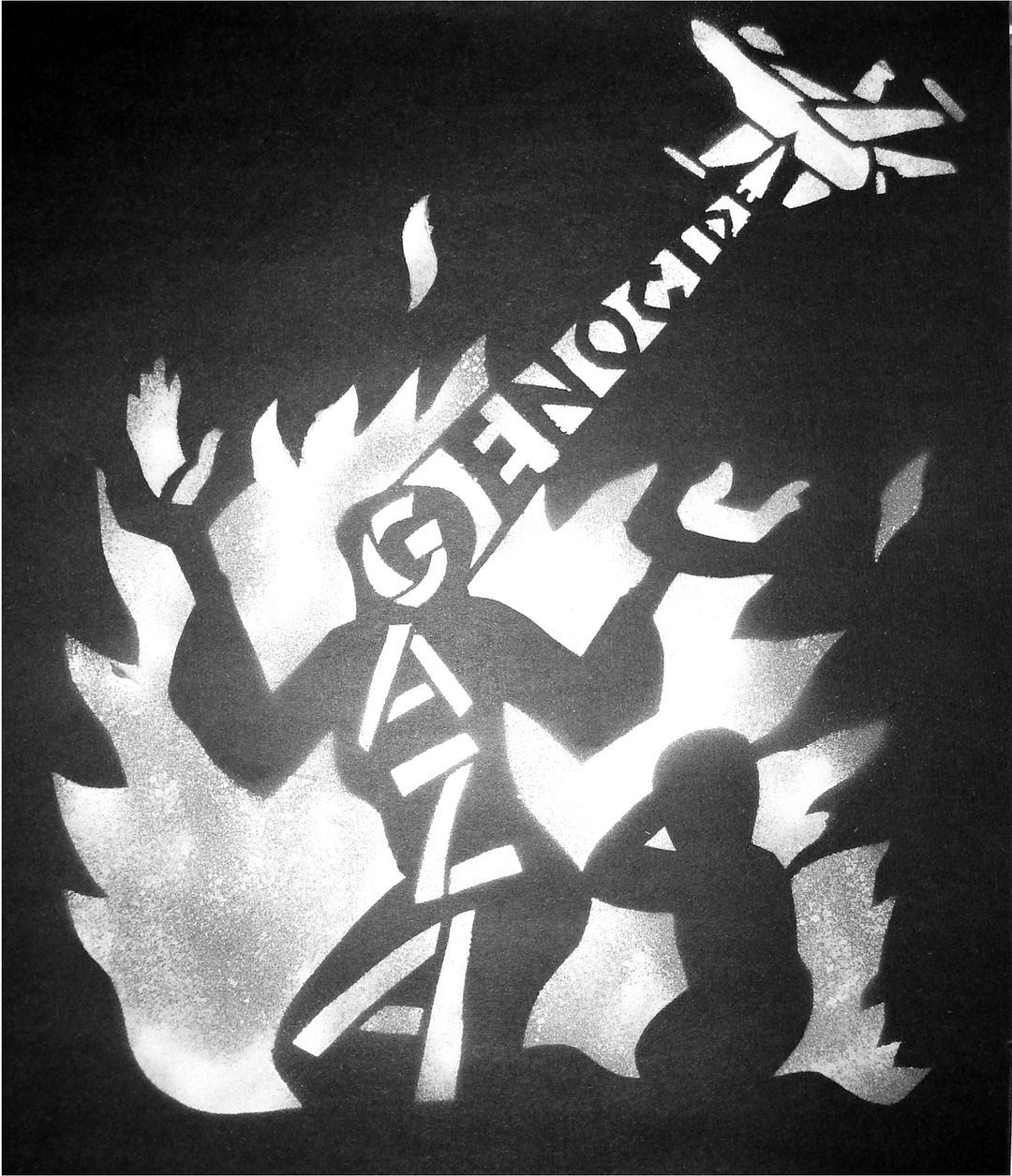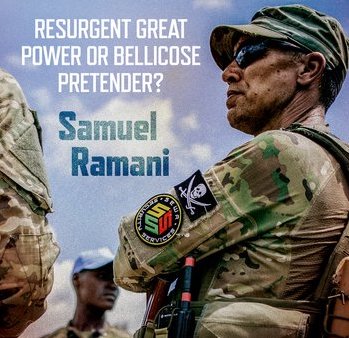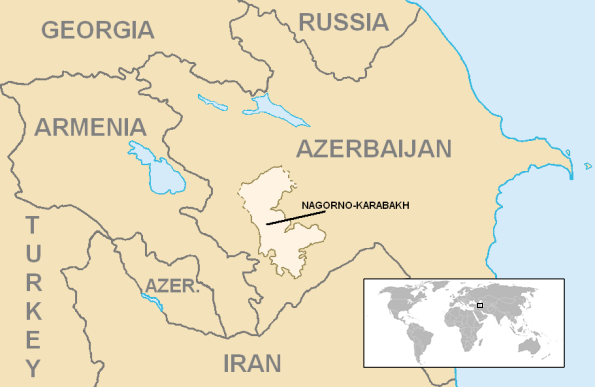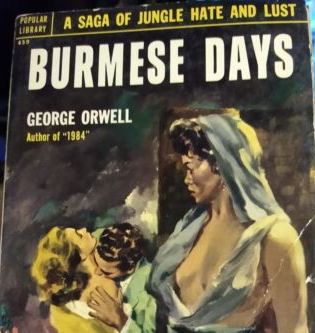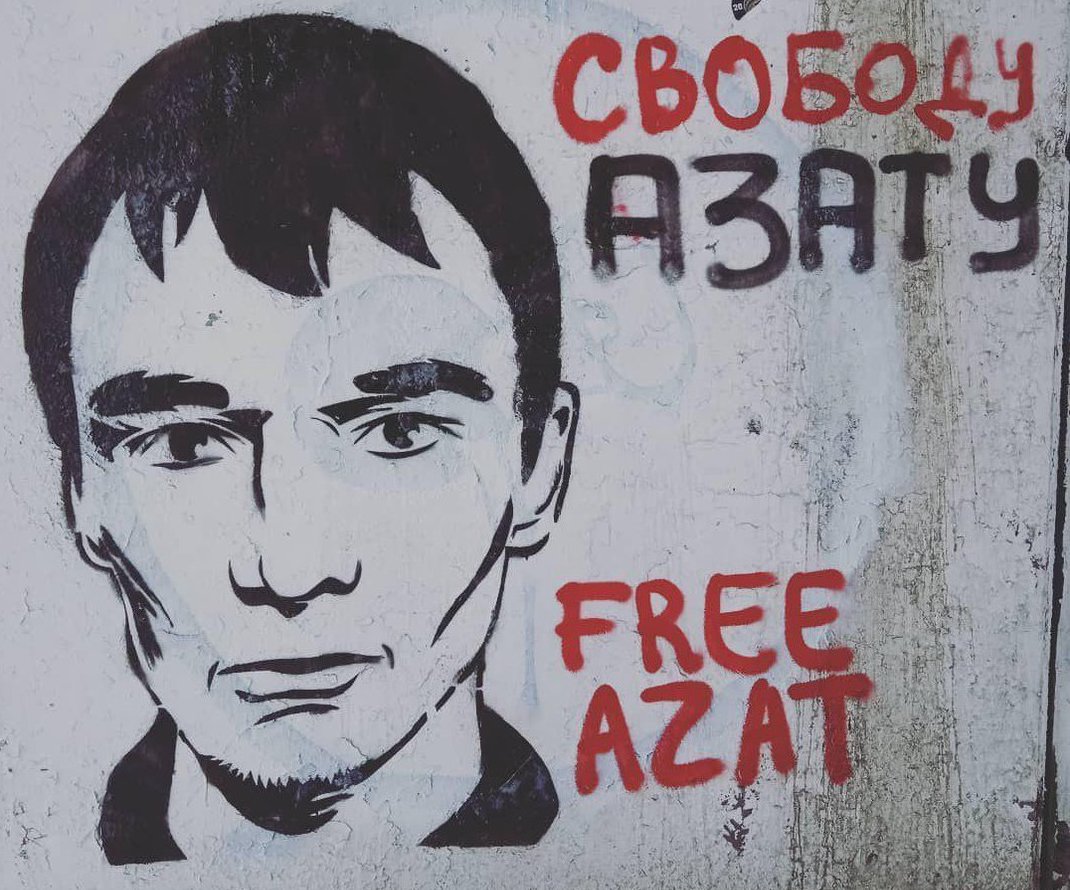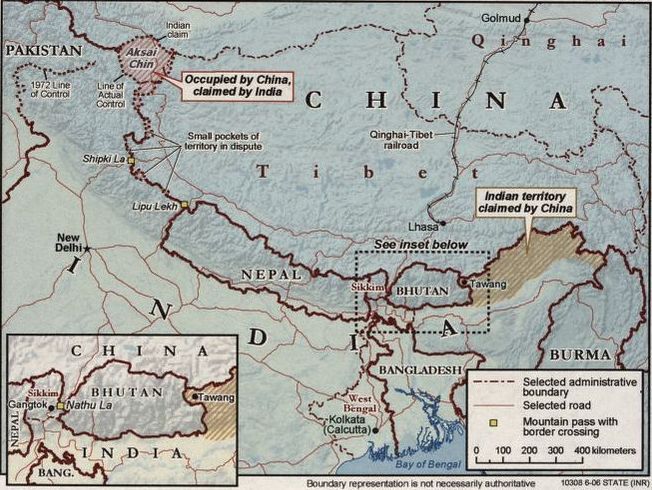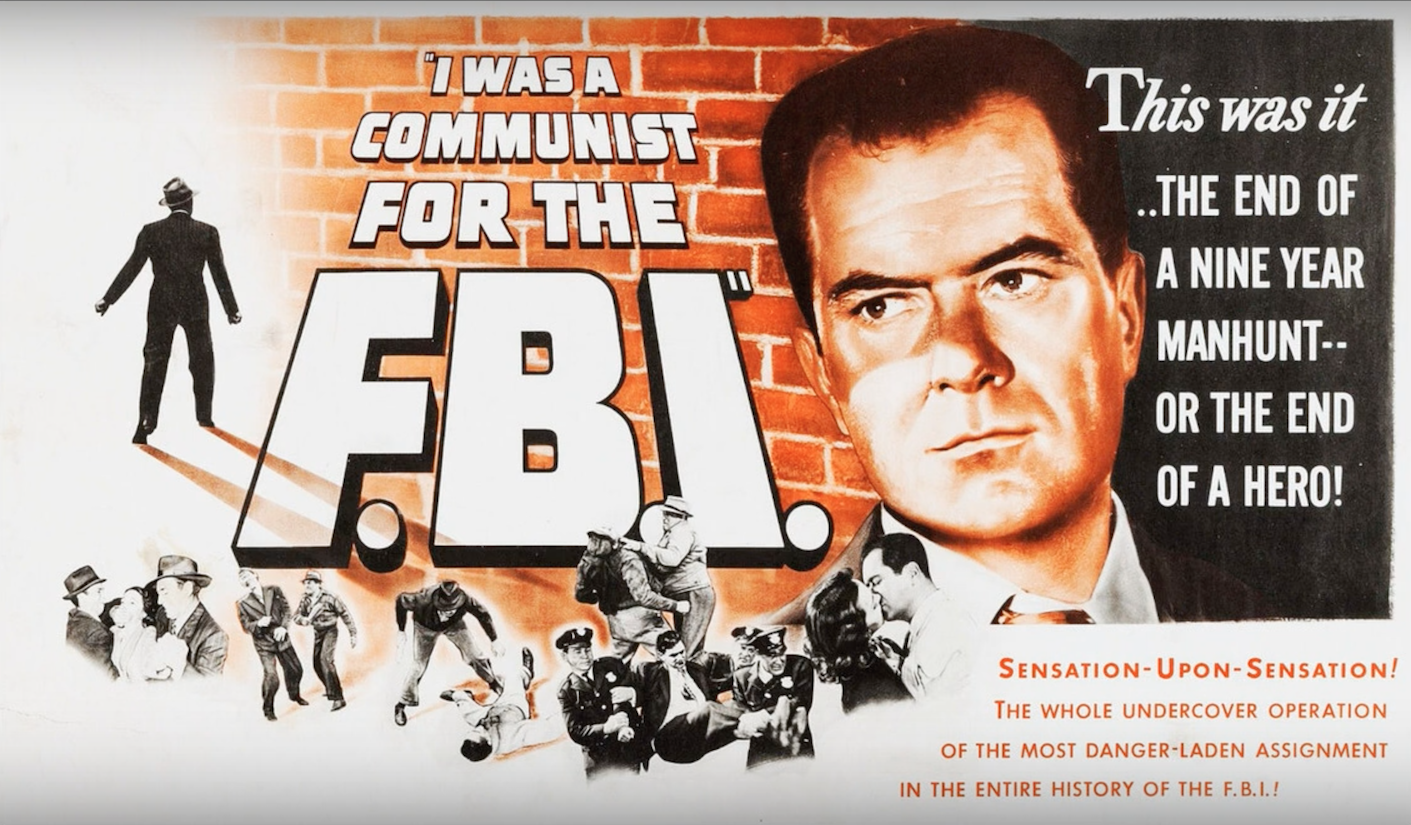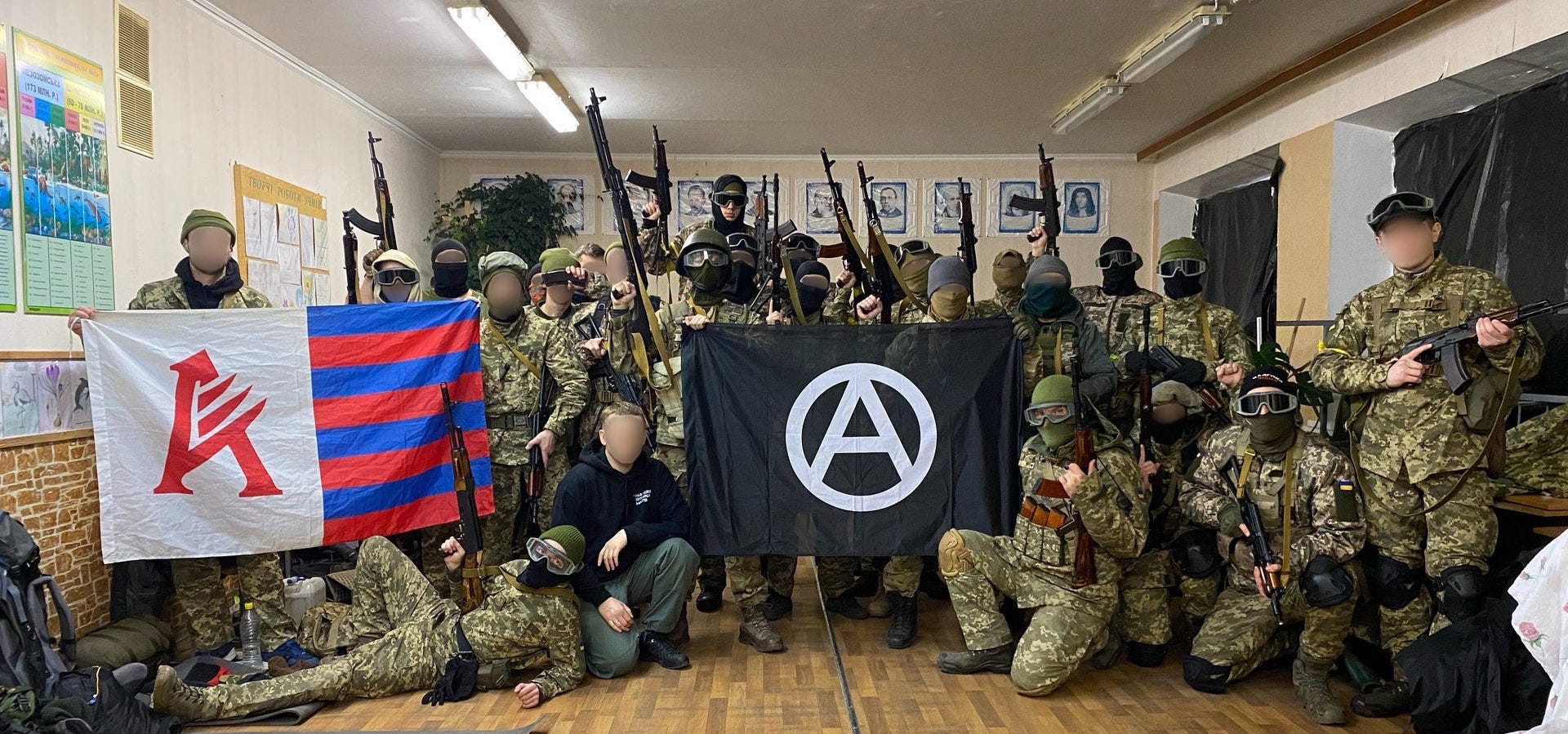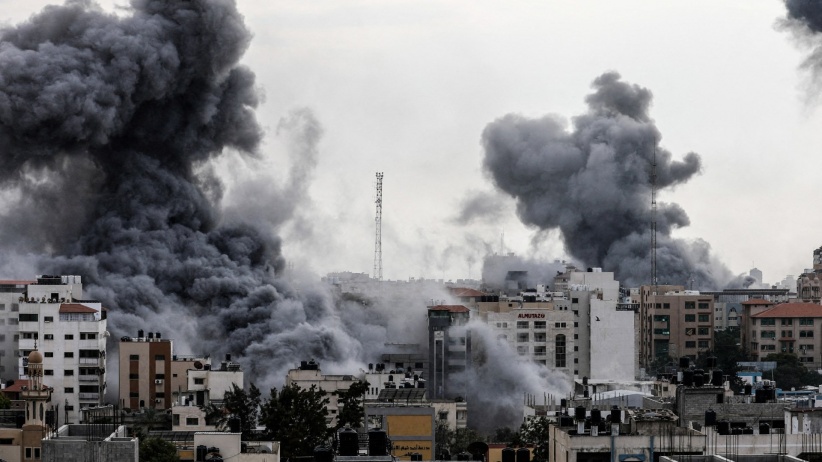
Ukraine & Palestine — forbidden symmetry III
In Episode 197 of the CounterVortex podcast, Bill Weinberg notes that as Israel crosses a genocidal threshold in Gaza, Vladimir Putin hypocritically protests the carnage—despite the fact that he has already crossed that threshold in Ukraine. This hypocrisy is precisely mirrored by that of Joe Biden. The moral position of Ukraine’s resistance to Russian aggression, occupation and genocide is undermined by the contradiction of its Western backers such as the US marshalling massive resources—in the very same legislation just introduced by Biden on Capitol Hill—to assist Israeli aggression, occupation and genocide. Listen on SoundCloudor via Patreon. (Photo: Maan News Agency)



